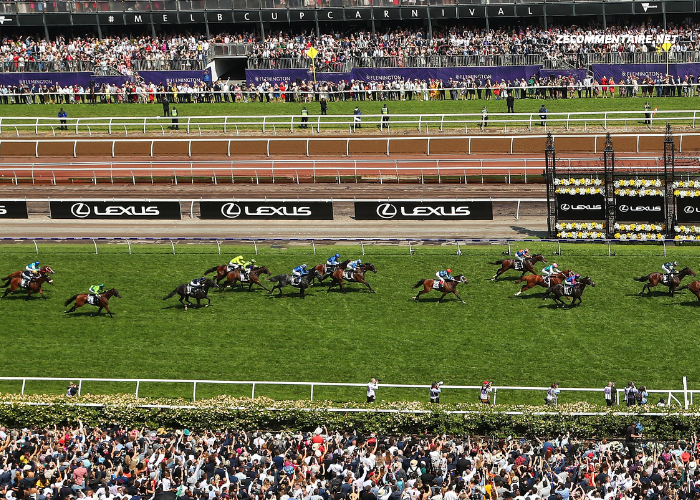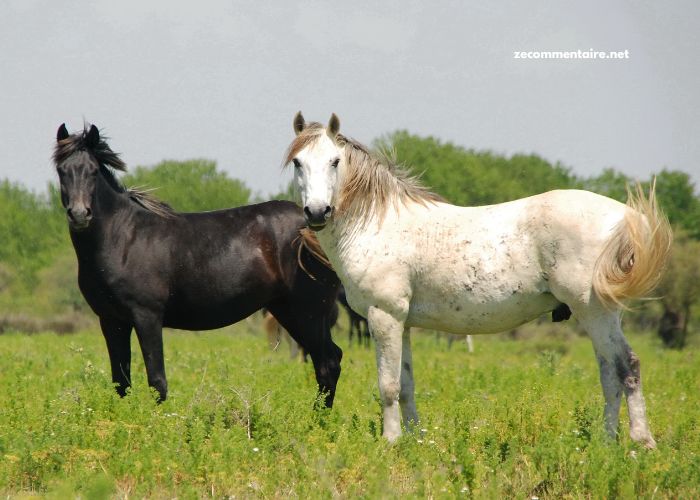In the ever evolving world of equestrian care and sports, the term Élimination Des Chevaux can be somewhat misleading. Directly translated, it means Elimination of Horses. But before making any premature judgments, it’s essential to understand this concept in depth and what it genuinely signifies for horse enthusiasts worldwide.
Understanding Élimination Des Chevaux
The phrase doesn’t refer to the literal elimination of horses. Instead, it signifies the removal of horses from specific events, races, or breeding programs due to health, age, or performance reasons.
This ensures that the horse population in competitive events maintains a high standard of health and capability. It’s a method rooted in the concern for horse welfare rather than an adverse action against them.
Why is this Concept Important?
Promotes Horse Welfare: By eliminating horses that are not fit for certain activities, there’s a reduced risk of injury. This ensures that horses are only placed in situations suitable for their current health and capabilities.
Upholds Competitive Integrity: For equestrian sports enthusiasts, maintaining a level playing field is crucial. Ensuring that only the best suited horses participate in specific events upholds the integrity of the competition.
Safeguards Genetic Health: From a breeding perspective, removing certain horses ensures that only the most robust genes are passed down, maintaining the health of future generations.
Ethical Considerations
The practice has garnered some debate. Critics argue that it might lead to the premature retirement or even euthanasia of horses that don’t make the cut. It’s essential to approach Élimination Des Chevaux ethically. That means:
Providing retired horses with proper care, whether that’s in sanctuaries, as companions for other horses, or in non competitive activities.
Ensuring that the decision to eliminate is based on genuine concerns for the horse’s welfare and not solely for profit.
Being transparent in the elimination criteria, so horse owners and enthusiasts understand the rationale.
Sustainability in Horse Management
Élimination Des Chevaux also touches upon the broader theme of sustainable horse management:
Resource Management: By ensuring that resources like time, money, and expertise are directed towards horses best suited for particular activities, wastage is minimized.
Environmental Impact: A more streamlined and targeted approach to horse rearing, training, and breeding can reduce the environmental footprint of these activities.
Long term Health: Sustainability is not just about resources and the environment; it’s about the future. Ensuring the long term health and vitality of horse populations means that they will continue to be a part of our world, in sports, leisure, and as companions.
In Conclusion
Élimination Des Chevaux is more than just a term; it’s a philosophy that intertwines welfare, ethics, and sustainability. It pushes the equestrian world to consider not just the present moment but the future of horse populations.
Done ethically and transparently, it can ensure that the world of horse enthusiasts remains vibrant, compassionate, and sustainable for years to come.




